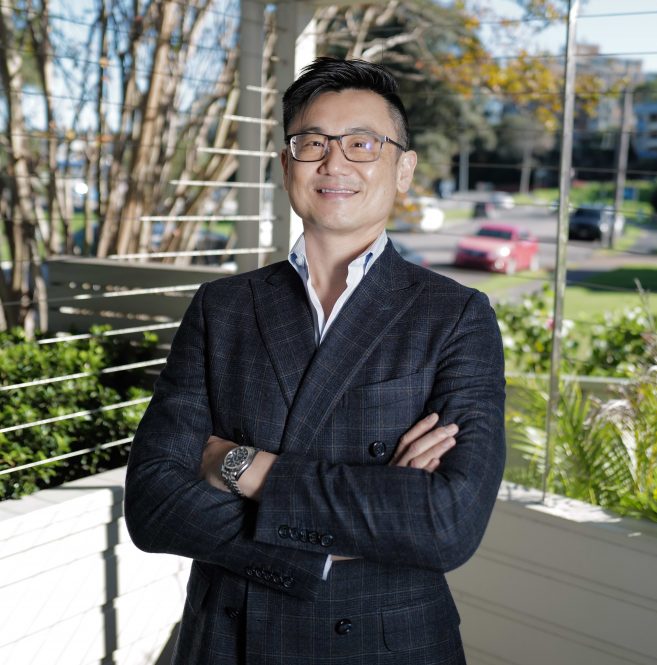- Comprehensive Breast Care for Sydney
- New website Same Amazing Team!
- Get In Touch!
In my practice, I aim to provide reconstructive surgical options that support patients in managing changes to their body after cancer surgery. Oncoplastic techniques can be used to remove cancer while aiming to maintain the appearance of the breast, depending on each patient’s individual situation and needs.
Oncoplastic surgery is a specialised approach used by trained breast surgeons to remove breast cancer while aiming to maintain the appearance of the breast. This technique combines cancer surgery with plastic surgery principles to minimise changes to the breast after tumour removal. It involves careful planning and is tailored to each patient’s individual situation and needs.
For patients who are suitable for oncoplastic breast surgery, this approach involves combining cancer removal with surgical techniques aimed at maintaining the breast’s appearance during the same operation. This can reduce the need for additional surgeries to modify the breast shape at a later stage.
Oncoplastic surgery is carefully planned based on each individual’s condition and personal preferences. Your surgeon will discuss the procedure in detail with you, including what is involved, potential risks, and expected recovery.
Oncoplastic breast surgery is performed under general anaesthesia in a hospital setting. The specific technique used will depend on your individual needs, such as the location and size of the tumour and the amount of tissue being removed.
During surgery:
Dr Chen will discuss the procedure plan in detail with you before surgery.
Recovery after oncoplastic breast surgery varies for each person. You may experience swelling, bruising, and discomfort in the days following surgery, which can be managed with medications as recommended by Dr Chen.
General recovery expectations include:
Complete healing and settling of the breast shape can take several months. Dr Chen will provide specific postoperative care instructions and will be available to discuss any questions or concerns during your recovery.
As with any surgery, oncoplastic breast surgery carries certain risks and potential complications. While these vary for each individual, they may include:
Dr Chen will discuss these risks with you in detail during your consultation and answer any questions you may have. Understanding the potential risks can help you make an informed decision about your surgery.
If you would like to learn more about oncoplastic breast surgery and whether this approach may be suitable for you, please discuss with your referring doctor or contact our team to arrange a consultation with Dr Paul Chen.
Oncoplastic breast surgery combines cancer removal with advanced reconstructive techniques to preserve the breast’s shape and appearance. Unlike traditional surgery, which may leave significant deformities, oncoplastic techniques help achieve the best possible cosmetic and functional outcomes.
Many women undergoing lumpectomy for early-stage breast cancer are suitable candidates for oncoplastic surgery. The best approach depends on factors like tumour size, breast shape, and personal preferences. A consultation with a specialist surgeon, such as Dr. Paul Chen, can help determine the most appropriate treatment plan.
Recovery varies based on the extent of surgery but generally includes mild to moderate discomfort, swelling, and temporary activity restrictions. Most patients return to daily activities within a few weeks, with full healing taking several months. Your surgeon will provide personalised aftercare instructions to support a smooth recovery.


Take the first step towards expert care—schedule your consultation with Oncoplastic Surgical Centre today and receive personalised treatment from Dr. Paul Chen and his team.




